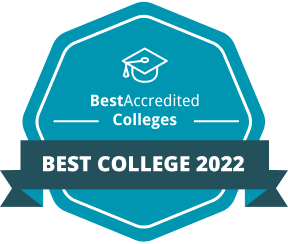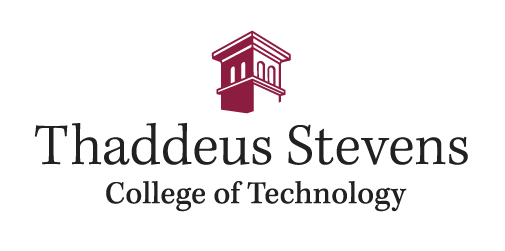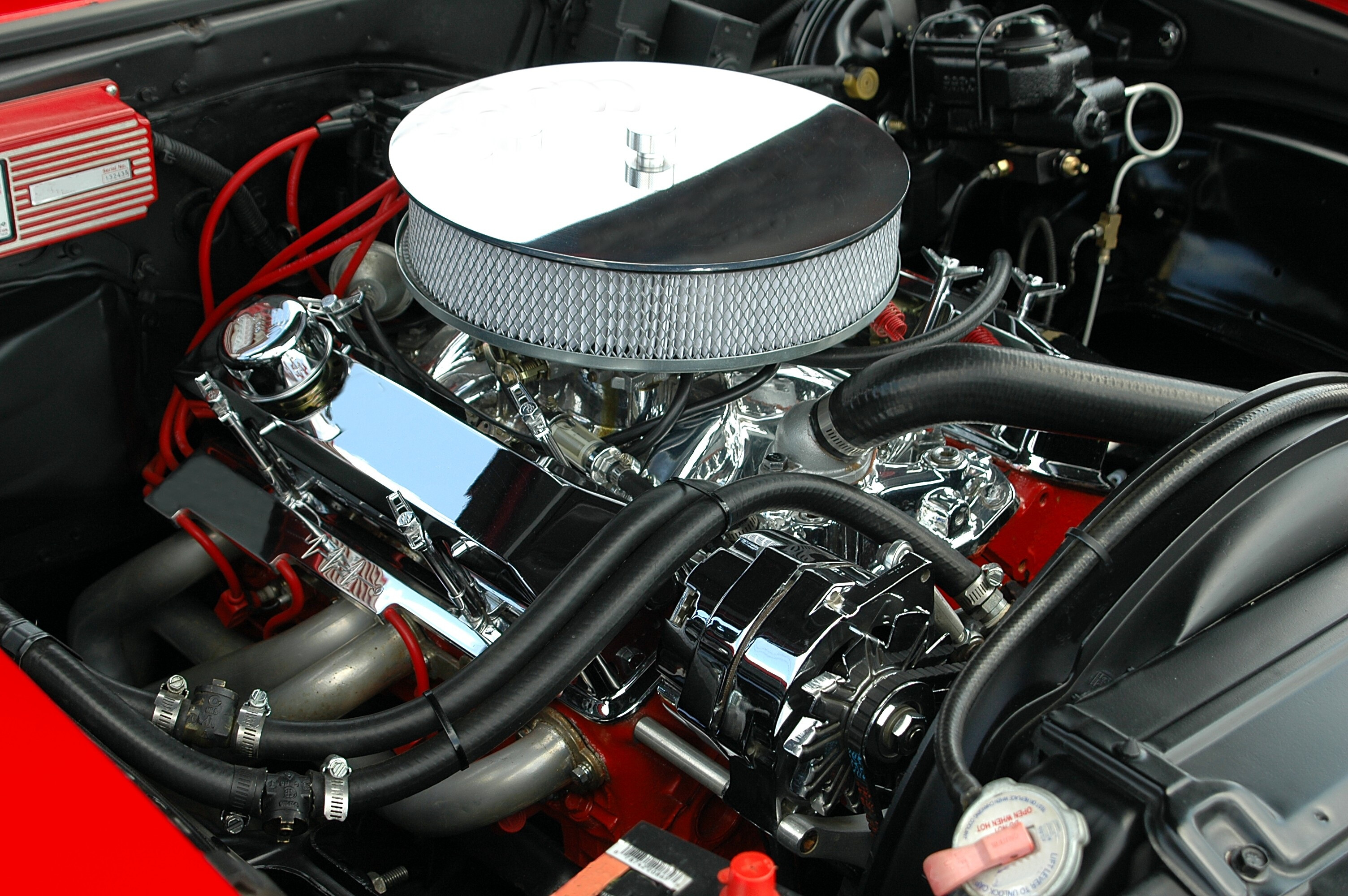Automotive Technology
Curriculum FACULTY TOOL LIST APPLY
Tuition, Fees, and Financial Aid
Automotive Technology is designed to give students a basic understanding of automotive construction, theory of operation, and standard industry service and repair procedures. This instruction gives them not only the knowledge to perform vehicle service but to develop the skills necessary to diagnose unit malfunctions. Two of the most important skills that will be developed are problem solving and critical thinking.

*Thaddeus Stevens College of Technology is ranked #10 on Best Accredited Colleges' list of Best Associate Degrees in Automotive Technology in its 2022 rankings.*
Program Objectives
A graduate of this program will be able to do the following:
- Diagnose and repair common malfunctions of the following automotive systems: engine lubrication and cooling; brake, suspension, steering, wheels and tires, electrical (including wiring, batteries, starting, charging, and ignition), fuel, onboard electronics/computers, and engine assemblies; and
power train components including manual and automatic transmissions and transaxles. - Develop the knowledge and skills to operate the latest generation of computerized test and diagnostic equipment, including digital storage lab scopes, onboard scan tools, and a chassis dynamometer, as well as develop skills in the safe operation of a chassis dynamometer.
- Develop sound, basic, and safe automotive shop practice skills, including environmental protection.
- Develop good basic shop habits, including demonstrating a good attendance record, punctuality, a willingness to work, and
an ability to work with others as a team. - Apply basic laws of physics/scientific principles to automotive systems and components when performing in-shop testing exercises and diagnosing problems. This includes exam questions containing diagnostic questions.
- Record diagnostic testing data and reports using necessary mathematics; solve basic problems using elementary algebra.
- Locate and interpret technical data represented in shop repair manuals, diagnostic charts, and wiring diagrams. This data will be in hard print and/or various electronic media sources.
- Demonstrate good automotive shop management practices, including student management, customer relations, shop procedures, and writing repair orders.
- Prepare to take and pass the ASE automotive tests series after successful completion of this program and having at least one additional year of on-the-job experience in the particular area or areas that will be tested.
- Prepare to accept the challenge of continuous training in the automotive field, that is, learning to learn, which will be necessary to adapt to new technologies and to become a problem solver and a critical thinker.
- Obtain the Pennsylvania Auto Safety Inspection Certificate and the Pennsylvania Emissions tester certificate.
| Automotive Technology Employers | |

